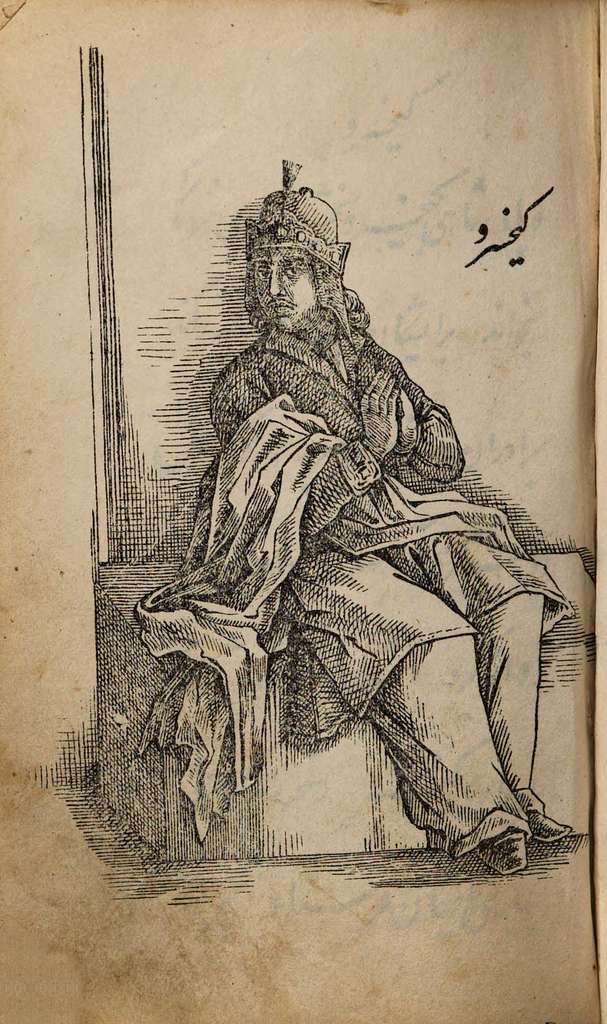|
Getting your Trinity Audio player ready...
|
From Exile to Throne: Kaykhosrow’s Return to Iran
The journey from obscurity to prominence is a defining narrative in mythology, and Kaykhosrow’s story is no exception. Hidden as a child to shield him from the wrath of his grandfather Afrasiyab, the Turanian king, Kaykhosrow’s exile was both a necessity and a preparation for his destiny. When the time came for his return to Iran, it was not just a homecoming—it was a reclamation of justice, identity, and a rightful place in history.
Kaykhosrow’s path back to Iran is a tale of courage, reconciliation, and the trials of proving oneself in a fractured world. For Western audiences unfamiliar with this Persian epic, his return mirrors the universal struggle of overcoming doubt and adversity to fulfill a greater purpose.
The Call to Return
Kaykhosrow’s return to Iran was not a simple matter of crossing borders—it was a journey fraught with emotional and political challenges. Raised in Turan, his mother’s homeland and his father’s enemy, he was a stranger to the kingdom he was destined to rule. Yet, whispers of his existence reached Iran, where the people longed for a leader to avenge the murder of his father, Siyavash, and restore balance to the kingdom.
Envoys from Iran, led by the noble Giv, sought out Kaykhosrow, imploring him to return and reclaim his birthright. The decision to leave Turan, a land that had both nurtured and endangered him, was not easy. Kaykhosrow’s heart was tied to his grandfather Piran, whose love and guidance had shielded him from harm. However, his sense of duty to his father’s legacy and his mother’s homeland ultimately compelled him to embark on the journey【9†source】【12†source】.
The Journey Home
Kaykhosrow’s return was symbolic as much as it was literal. He carried with him the weight of dual identities—an Iranian prince by blood and a Turanian child by upbringing. This duality became both a strength and a challenge.
His arrival in Iran was met with mixed reactions. While some welcomed him as Siyavash’s heir, others questioned his loyalty, given his Turanian roots. Kaykhosrow faced these doubts with wisdom and humility, proving his commitment through his words and actions. This test of character echoes the universal theme of the exiled hero proving their worth, much like Odysseus reclaiming his place in Ithaca or Simba returning to Pride Rock in The Lion King【11†source】【13†source】.
Reconciliation and Restoration
Kaykhosrow’s return was not merely about claiming a throne—it was about healing the rift between two worlds. His mixed heritage positioned him uniquely as a bridge between Iran and Turan. This reconciliation was not without struggle; avenging his father’s death required confronting Afrasiyab, the Turanian king who was also his grandfather.
Unlike many mythical heroes driven solely by vengeance, Kaykhosrow sought a higher purpose. While he pursued justice for Siyavash, he also aimed to restore harmony to a fractured kingdom. His leadership was characterized by a balance of strength and compassion, embodying the Persian ideal of the king as both warrior and moral guide【12†source】.
A Test of Leadership
Kaykhosrow’s early days as king tested his mettle. He inherited a kingdom yearning for stability yet wary of his Turanian ties. By surrounding himself with trusted advisors and demonstrating fairness in his judgments, Kaykhosrow quickly earned the loyalty of his people. His ability to lead with justice and wisdom became the cornerstone of his reign.
This phase of his story highlights the universal challenge of proving oneself in a world that doubts your legitimacy. Kaykhosrow’s triumph reminds us that leadership is earned not by birthright alone but by the strength of one’s character and actions.
A Universal Struggle
Kaykhosrow’s journey home reflects themes that resonate far beyond the Persian epic:
- Identity: Balancing dual identities in a polarized world.
- Reconciliation: Healing divisions through empathy and understanding.
- Proving Worth: Rising above doubt to fulfill one’s destiny.
These themes make Kaykhosrow’s story relevant even today, as we navigate our own fractured identities and strive to build bridges in divided societies.
The Beginning of Greatness
Kaykhosrow’s return to Iran marked the beginning of a golden era for the kingdom. Yet, it was only the first step in his larger journey of justice, leadership, and eventual transcendence. His story teaches us that the path to greatness is rarely linear—it requires courage, resilience, and a commitment to a cause greater than oneself.
Call to Action: Have you ever faced doubts about your ability to lead or reconcile different parts of your identity? Share your experiences in the comments, and join us next time as we explore Kaykhosrow’s reign—a time of justice, prosperity, and the fulfillment of his destiny.

